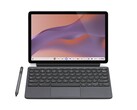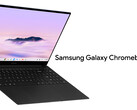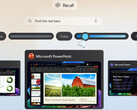Since its 2010 launch, the Cameyo virtualization application has gone through at least two major and a few minor updates each year. Regarded as one of the pioneers in bringing together app virtualization, cloud storage, and HTML5, Cameyo allows its users to run Windows desktop apps on Linux and Android devices. However, what made it most appealing to Google was its capability to run virtualized Windows apps in the web browser. Last year, the two companies teamed up to deliver Cameyo integration into ChromeOS. This week, Google acquired its partner in a deal whose financial terms have not been disclosed.
For ChromeOS users, this corporate acquisition translates to a simplified approach to application development, improved security, better productivity, and reduced IT costs as a direct consequence of all these. According to Google, "By combining the power of ChromeOS with Cameyo's innovative VAD technology, we are empowering businesses to modernize their IT infrastructure while preserving their investments in existing software."
Starting in 2023, the Google-Cameyo collaboration has enabled ChromeOS virtual application delivery (VAD) to take advantage of features such as local file system integration, the ability to deliver virtual apps as progressive web apps (PWAs), as well as enhanced clipboard support.
While Chromebooks remain a niche product for home users in most markets, the US education sector has been the target of over 80 percent of global Chromebook shipments in 2023's second quarter, as revealed by market research firm Canalys.
As a limited-time deal, Amazon is currently offering the Intel Celeron N4020-powered Asus C424MA-AS48F Chromebook for $199.99 instead of $249.99.




















